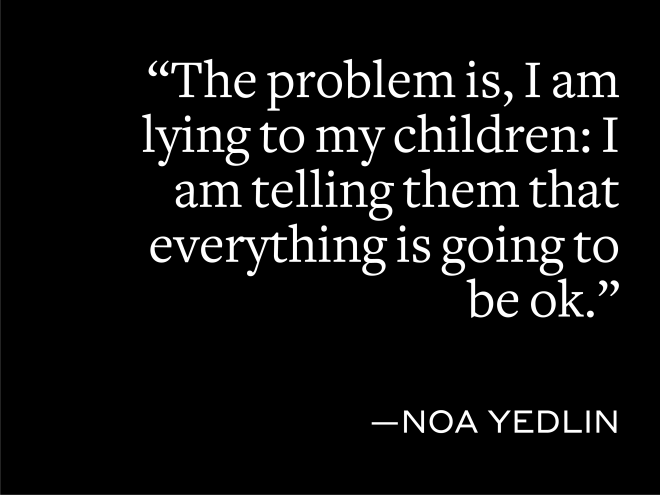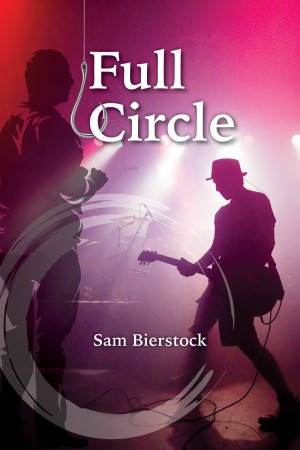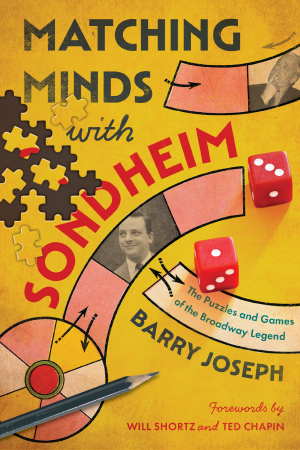A hilarious and profound exploration of mortality, this novel begins with the death of Avishay Sar-Shalom, a renowned economics professor and a possible candidate for the Nobel Prize in economics. Because the Nobel Prize is given only to those who are alive at the time of the announcement, Avishay’s four best friends decide to keep his death a secret for a week until the prize committee in Sweden makes its decision. As the pressure of being discovered mounts, and Avishay’s body steadily decomposes in the background, the reader is thrown headfirst into a wonderfully macabre, slapstick adventure.
Avishay’s groundbreaking economic theory, called the “Class King” model, predicts shifting power relations within groups. Noa Yedlin brilliantly explores this topic through different characters’ points of view, and through the complex yet fragile dynamics of their friend group.
Each friend has something to gain from Avishay winning the coveted prize. Zohara, a ghost writer who has been having a secret affair with Avishay for years, hopes to inherit the prize money. Yehuda, who invented the “bag opener” decades ago and made millions selling the patent, wants to publish a book about becoming an inventor — a book for which Avishay has (begrudgingly) written an introduction. Yehuda fantasizes about the subtitle for this book: “With an introduction by Nobel Prize Laureate Avishay Sar-Shalom.” Amos, Avishay’s academic rival and a professor who specializes in the economics of happiness, wishes to prove that he isn’t jealous of his more successful friend. And Nilli, a pediatrician who hates children, has always felt like a hanger-on, and views the situation as an opportunity to show that she, too, is an integral part of the friend group.
One particularly memorable moment involves a childhood memory. Yehuda “remembered that time in elementary school when they’d built the Shoah out of cardboard boxes in Avishay’s living room: this is the ghetto, that’s the SS command. Then Avishay’s cat peed on the Gestapo, and they weren’t sure if they were allowed to laugh.” Readers of Yedlin’s novel might ask themselves the same question: Am I allowed to laugh? This is what makes the humor in Stockholm so enjoyable — it is irreverent, and feels slightly dangerous.
An eight-day timeline serves as a pressure-cooker for this joyous and bleak comedy of errors. Yedlin has created a moving and funny narrative about a group of friends, each full of regrets, desires, and insecurities that are cast into sharp focus following the death of Avishay.
Omer Friedlander was born in Jerusalem in 1994 and grew up in Tel Aviv. He is the author of the short story collection The Man Who Sold Air in the Holy Land, winner of the Association of Jewish Libraries Fiction Award and a finalist for the Wingate Prize. The book was chosen as an American Library Association Sophie Brody Medal Honor Book for outstanding achievement in Jewish Literature and longlisted for the Story Prize. Omer has a BA in English Literature from the University of Cambridge and an MFA from Boston University, where he was supported by the Saul Bellow Fellowship. He was a Starworks Fellow in Fiction at New York University. His collection has been translated into several languages, including Turkish, Dutch, and Italian. His writing has been supported by the Bread Loaf Fellowship and Vermont Studio Center Fellowship. He currently lives in New York City and teaches creative writing at Columbia University.





